Atheists believe there is no evidence of supernatural creation. At a dinner a few years ago a Harvard professor told me “I do not believe the laws of physics can be violated.. He didn’t realize that his system of belief fails when closely examined.
We will skip over here how one can have laws without a lawmaker. Where do the laws of physics come from. We will also skip over the fantastic fine-tuning of the laws of physics. It is accepted fact that the universe is fine-tuned almost beyond comprehension, beyond picking one special marble out of a pile of marbles millions of light years high. The existence of natural laws and the fine-tuning of those laws are both powerful evidence of God (see Chapters 7 and 8 of Counting To God). But we will skip over these for now, because the laws of physics themselves reveal God.
Perhaps the most fundamental of those laws are the laws of Thermodynamics. The First Law of Thermodynamics is that matter/energy cannot be created or destroyed. Einstein showed us how they are related (E=mc2). In a sense, matter is frozen energy, and a very small amount of matter melts into an enormous amount of energy (think atomic explosion). If the First Law of Thermodynamics cannot be violated, matter/energy have always existed, and the universe has existed forever.
This contradicts the Second Law of Thermodynamics, which is that the universe is running out of useable energy. Everything eventually breaks down and decays. All systems go from order to disorder. The universe has not existed forever, because, if it had, everything today would be lifeless and static. There is no way around this problem. The “quantum egg” theory, that our universe popped out of a quantum field, fails because if the past were infinite the “egg” would have “cracked” an infinite time ago, and again today the universe would be lifeless.
How can we reconcile the First and Second Laws. There had to be an event outside the laws of physics. Genesis tells us God created the heavens and the earth. There is no better explanation, no better way to reconcile the First and Second Laws. The multiverse theory, that our universe popped out of another universe, cannot be tested (and is therefore unscientific by definition), and the infinite multiverse was disproved by the Borg-Guth-Vilenkin Singularity Theorem (the universe had to have a beginning).
If that weren’t enough evidence for God in the laws of physics, there is even a scientific experiment that violates the known laws of physics. It’s called “quantum entanglement,” where two particles, or even bundles of atoms, are “entangled” so that a change in one instantaneously affects the other. Instant effects over distances (it’s been tested up to 88 miles apart, see pages 188 and 189 of Counting To God)) violate General Relativity. General Relativity tells us that effects cannot travel faster than the speed of light. Quantum entanglement violates General Relativity, and proves there is something outside of space and time.
When I pointed out to the Harvard professor that quantum entanglement violated the laws of physics, he was taken back, and sheepishly suggested that we need a better definition of time. If that strikes you as a feeble cop-out, you’re not alone. At the same time he is claiming the laws of physics cannot be violated, he is admitting he doesn’t understand the laws of physics.
The laws of physics reveal the existence of God.
Thanks for reading. My health is starting to improve, and I hope to post more often.
Doug Ell




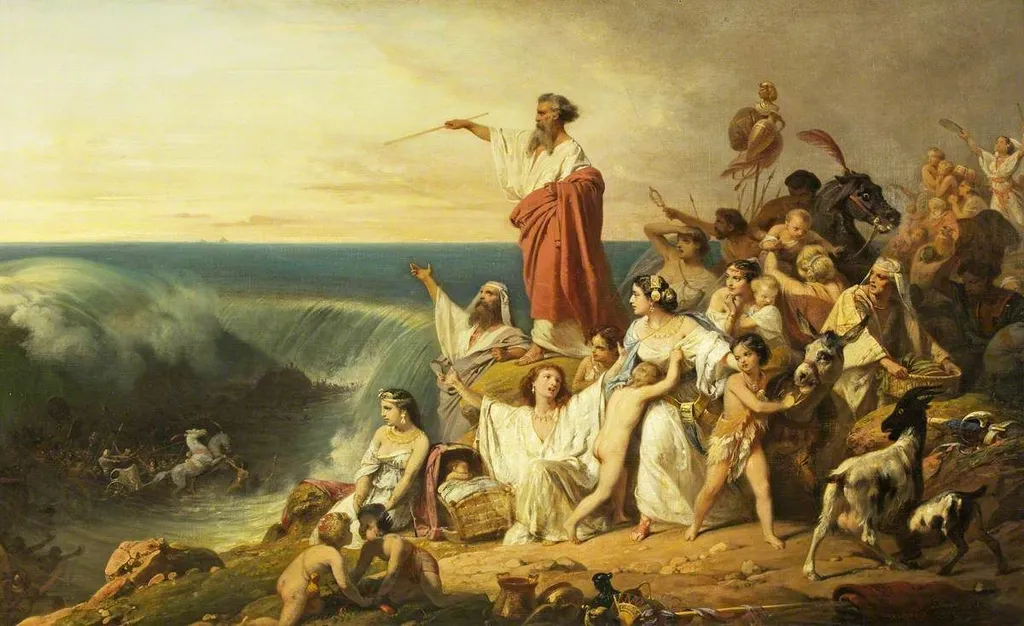
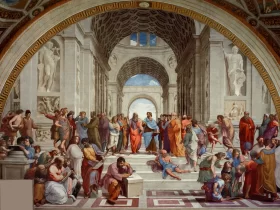



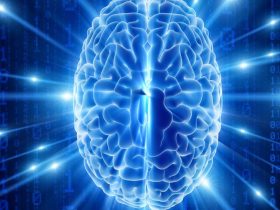



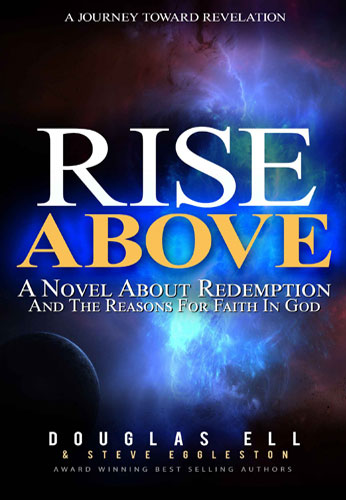
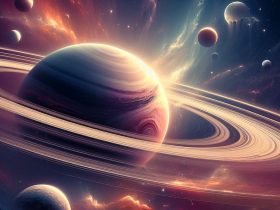



Leave a Reply